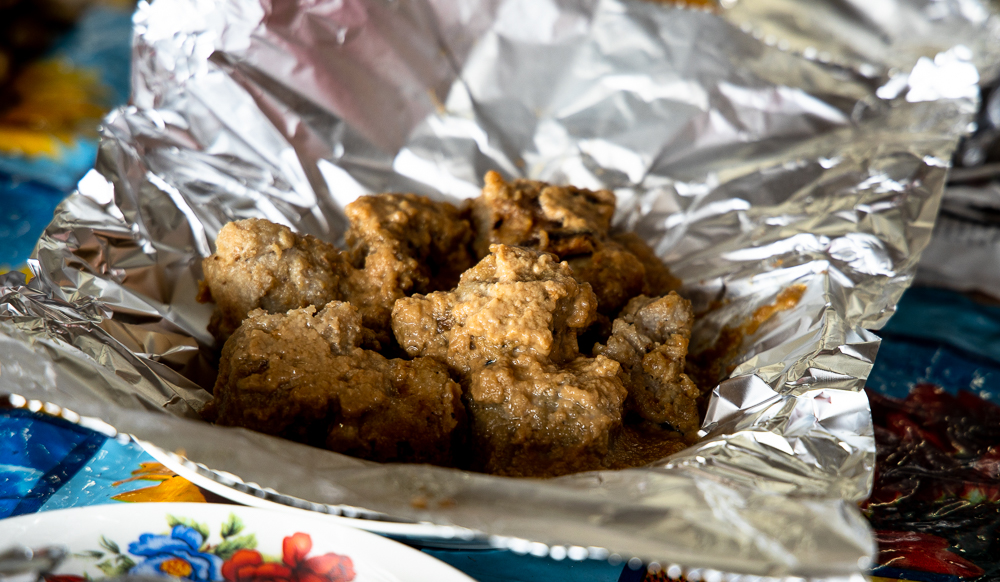Low-fat diet after a breast cancer diagnosis can boost survival
As we explained in our previous Column, over the past 50 years, science has gathered a lot of information about the almost diabolic nature of cancer and identified its peculiar characteristics. As previously highlighted, there are unique differences between a cancer cell and a normal cell. One of these is that cancer cells can break away from the primary tumour and move to other parts of the body: the scientific term used is that they "metastasize".
Metastasis formation is the leading cause of death in cancer patients. Cancer kills because cancer spreads. Research shows that the five-year survival rate for women with localised breast cancer is nearly 99 per cent, but that drops to just 27 per cent in those with metastasized cancer. Researchers have also discovered that not all cells in a cancer tumour have the ability to migrate, but only those that have specific receptors that attract increased amounts of fat for their nutrition. It turns out that a high-fat diet specifically boosts the metastatic potential of these particular cancer cells.
Researchers speculate that the reason why fat metabolism may fuel cancer’s spread is because there is so much energy stored in fat. This large amount of energy is required for them to get detached from the tumour and move throughout the body. It turns out that the fat required by these cancer cells must be saturated fat, which is found most concentrated in junk food made from palm oil and in meat and dairy.
So, if dietary fat encouraged cancer to metastasize, could one use diet to restrict the fat intake of cancer cells? And sure enough, in the so-called WINS study, the Women’s Intervention Nutrition Study, conducted in 2009, researchers found that in a group of 2,437 women with early-stage breast cancer, that had their breast cancer surgically removed, those that followed a diet, in which saturated fat intake was dropped by about 40 per cent and maintaining this low-fat diet for up to five years, these women had a 24 per cent lower risk of the tumour relapsing compared to those, who consumed a high-fat diet.
So it was established that going on a low-fat diet after a breast cancer diagnosis can improve breast cancer survival. And not only was breast cancer survival significantly greater; but the women also experienced a reduction in heart disease and diabetes as an extra bonus. Once again we can confirm that following the whole food plant-based (WFPB) diet that METI recommends, which is a low-fat diet (as a result of avoiding animal products), is the surest way for cancer patients to increase their chances of survival.
What else, besides the low level of fats in the WFPB diet is there in this diet that increases the survival rates in cancer? Ample research has confirmed that such vegetables like Chinese cabbage, green or red cabbage, cauliflower, broccoli, watercress, and the tiny leaves of the Moringa citrifolia tree (tamaligi aina), all of them belonging to the Brassica oleracea family were associated with significantly less total cancer risk, not only preventing cancer but even controlling it.
A more commonly recognized name for this plant family is Cruciferae or cruciferous vegetables, which refers to the shape of its sprouts that resemble a cross. Note that the beneficial effect of these vegetables covers all types of cancer: For example, research has identified that about 75 per cent of lung cancer patients eating more than one serving of cruciferous vegetables a day were still alive one year later, whereas, by then, most who had been getting less than a half serving a day did not survive. A cancer diagnosis is a crucial moment in life that can motivate people to make radical changes to their lifestyle. And this is where knowledge about research trials communicated to cancer victims is so important.
We hope that with this weekly column, METI can contribute to helping those with cancer or other non-communicable diseases to find the courage to fight and conquer their disease by adopting and strictly following the WFPB diet. We invite you to visit METI’s Healthy Living Clinic at House No. 51 at Motootua (across from the Kokobanana Restaurant) to become further acquainted with METI’s whole food plant-based diet and Lifestyle Change programs. Or call us at 30550. Learning how to follow these Programs might be your ‘game changer’!










